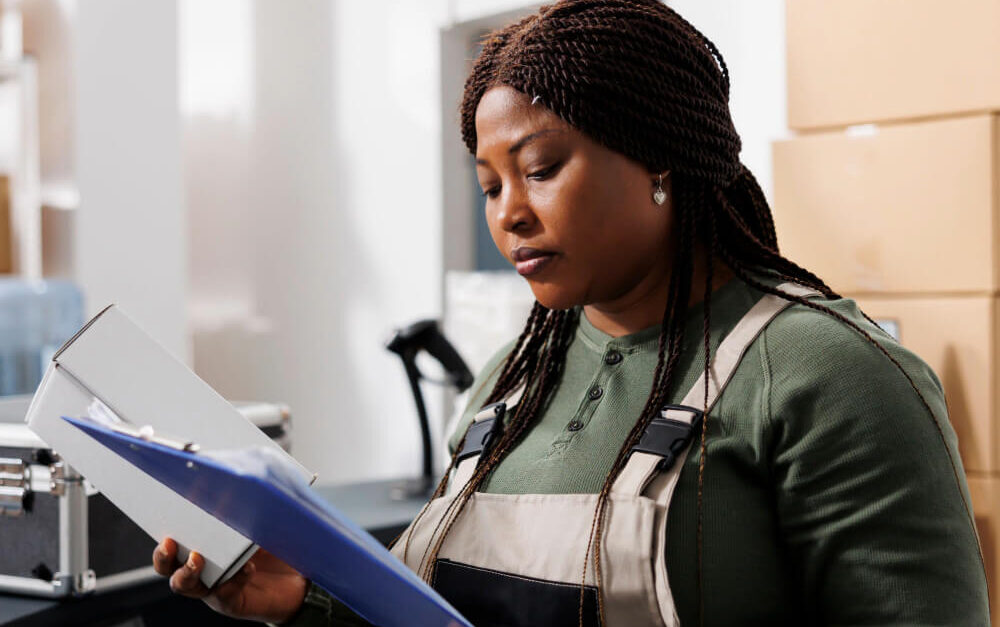
When venturing into international trade, one of the critical questions to address is “how to ship goods.” This inquiry opens the door to many other considerations, such as the requirements for shipping and the various parties you need to collaborate with to gain a comprehensive understanding of the process for shipping goods to Nigeria or other countries.
Proper shipping documentation is the key to successful importation into Nigeria. While the time and knowledge required to prepare these documents can be demanding and, at times, frustrating, it is advisable for importers to invest sufficient time in understanding the basic shipping documentation requirements needed to ship goods to Nigeria. The secret to successful shipping lies in meticulous preparation of the necessary documentation.
So, how do you ship goods to Nigeria? Depending on the nature of the import, there are specific shipping documents that importers need to familiarize themselves with, including the procedures and requirements for obtaining them. These shipping requirements and documents are statutory obligations imposed by local and international government agencies.
In this guide, we will focus on shipping documentation, specifically the Form M, and the steps required to process it, along with the roles of the various trade facilitation entities involved.
Here are the key agencies and bodies you will need to work with to successfully ship your goods to Nigeria, including their processes, responsibilities, and your role as an importer:
- Corporate Affairs Commission (CAC): The first step for any person intending to import goods into Nigeria is to register a company name with the CAC. Upon completion, a Certificate of Incorporation/Registration number (RC number) is issued.
- Federal Inland Revenue Service (FIRS): The importer is expected to register their company with the tax authority, FIRS, which will then issue a Tax Identification Number (TIN). This TIN will be registered on the single window, allowing the importer to access the Single Window for Trade.
- Authorized Dealer Bank (Commercial Bank): The authorized dealer bank plays a significant role in trade facilitation. This is the bank that will assist you in processing and submitting the Form M to the Nigeria Customs Service (NCS). At this stage, the NCS will determine whether to accept or reject the Form M for amendment. If the Form M is accepted, the Pre-Arrival Assessment Report (PAAR) processing stage is guaranteed.
- Nigeria Customs Service (NCS): The NCS, through its PAAR office in Abuja, is responsible for issuing the PAAR after the final documents are arranged and submitted through the authorized dealer bank.
- Standard Regulators: Several regulatory bodies are tasked with regulating imported goods into Nigeria. Without compliance with regulatory guidelines, shipping documentation cannot be completed, and shipping cannot take place without encountering queries and issues.
- Inspection Agency: An authorized inspection agency is an entity accepted by international agreement to provide third-party inspection services. A pre-shipment inspection is a step taken by trade operators (buyers, suppliers, agencies) to inspect newly manufactured products before they are shipped for export/import. The purposes of a pre-shipment inspection are to check the quantity and quality of the merchandise.
For items regulated by the Standards Organization of Nigeria (SON), here are the guidelines for opening a Form M:
- The importer obtains a Product Certificate (PC).
- The importer activates the PC on the online Single Window for Trade.
- The importer opens a Form M on the Nigerian Trade Platform (Single Window System), attaching the required documents (e.g., the Insurance Certificate, the Proforma Invoice, the Product Certificate for SON-regulated items), and submits it to the authorized dealer bank.
- The authorized dealer bank reviews/validates the Form M and sends it to the NCS.
- The NCS either accepts the Form M or rejects it if not properly completed or lacking information and/or documents.
- When the NCS accepts the Form M, the importer forwards a copy to their exporter.
- The exporter, in turn, contacts Cotecna (the International Accreditation Firm) with the Form M, the Final Invoice, the Bill of Lading/Airway Bill, and the packing list, for the issuance of the SONCAP Certificate.
- The SONCAP Certificate is issued. The importer activates the SONCAP Certificate and applies for PAAR issuance on the Nigeria Single Window for Trade.
- The PAAR is issued, and the importer commences the clearance of their goods.
By understanding and adhering to these processes and requirements, importers can navigate the intricate world of shipping documentation for Nigeria, paving the way for a smooth and successful importation journey.





